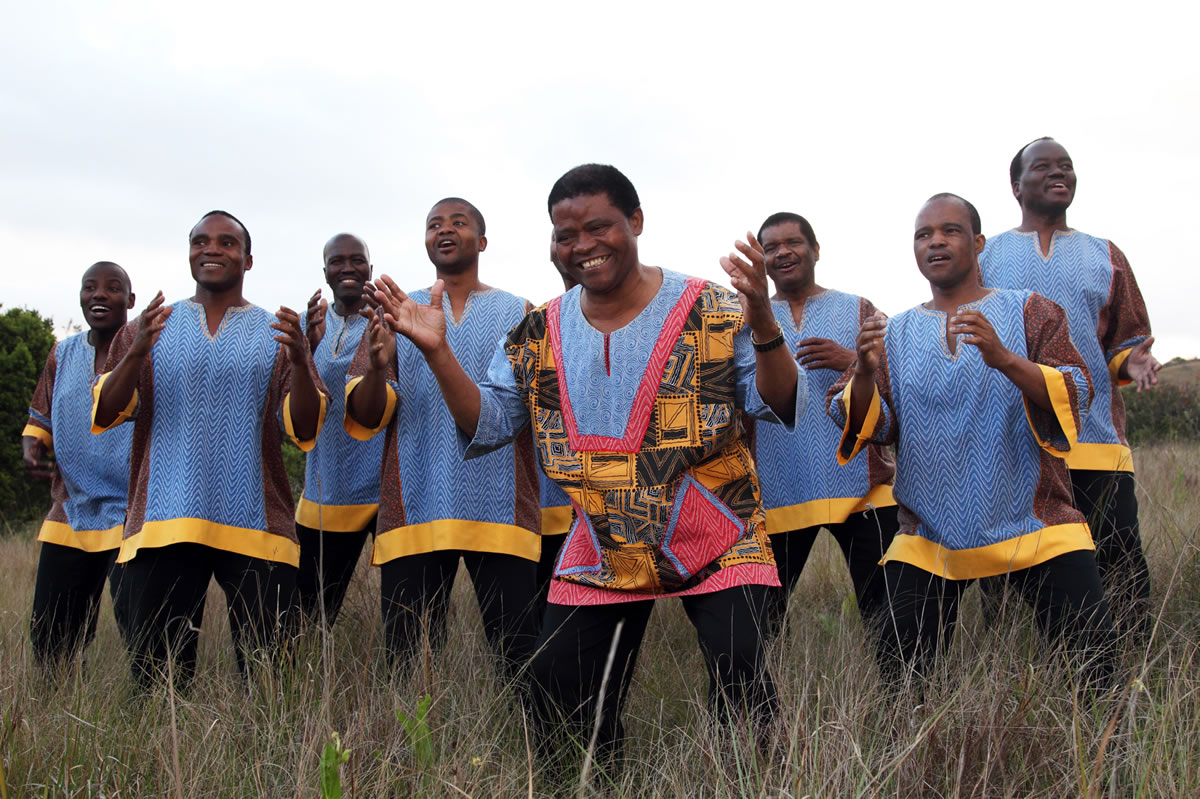What: Ladysmith Black Mambazo, in concert.
When: 8 p.m. March 8.
Where: The Aladdin Theater, 3017 S.E. Milwaukie Ave., Portland.
Cost: $32.50-$35 through Ticketfly, 877-435-9849.
Information: 503-234-9694 or Aladdin Theater.
Since 1964, Ladysmith Black Mambazo has brought its joyous, uplifting music from its native South Africa to the rest of the world.
The songs that the a cappella group performs have changed over the decades. But the spirit and meaning behind them has not wavered.
“I don’t think our message has changed at all over the last 50 years,” said Ladysmith’s Albert Mazibuko. “Our message and mission has been one of peace, love and harmony — of people working together for a better world. At first, this message was just to the people of South Africa, during the terrible years of apartheid; but since we began traveling all over the world, thanks to Paul Simon and his ‘Graceland’ album, we’ve spread the message globally.”
“Graceland” was released in 1986 and, after appearing with Simon, Ladysmith began regular international touring. The group now spends from five to six months outside South Africa each year. But it doesn’t quit working when it gets back home.




